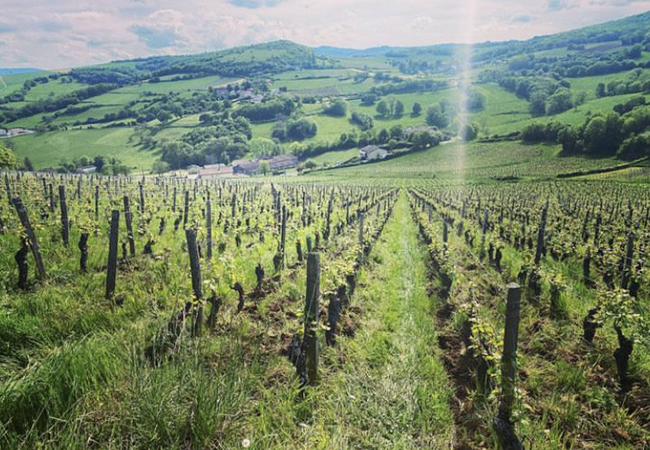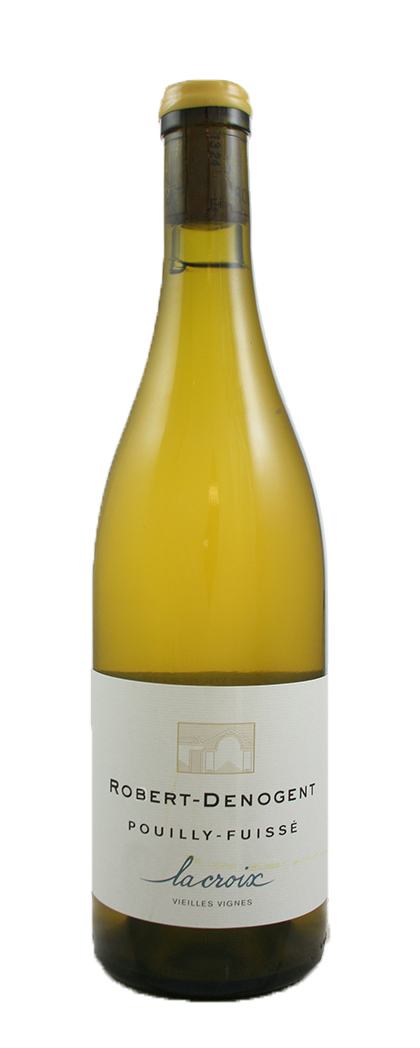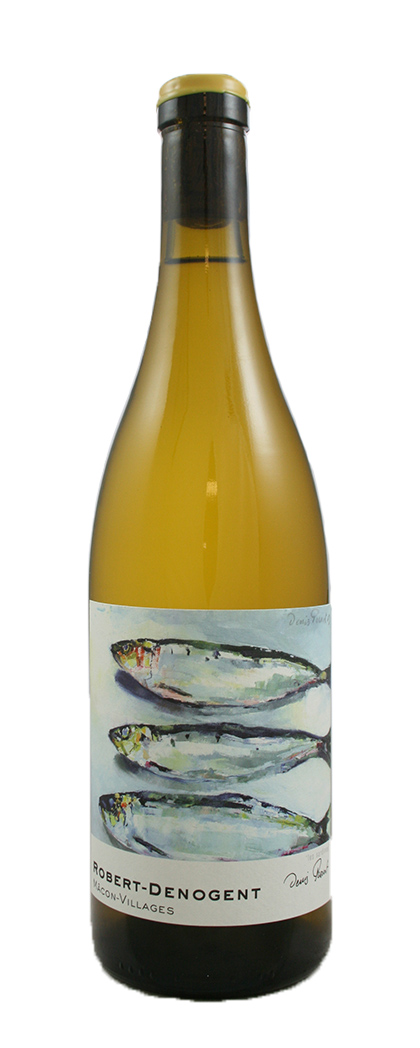At the beginning of the 20th century, the Denogent family, originally from Fuissé, started the winegrowing business. Andrée Robert, née Denogent, grandmother of Antoine and Nicolas, owned 5 hectares of vines. Although the Pouilly-Fuissé appellation had not yet been declared, she knew that the terroirs had potential, and that by respecting these generous soils and this wonderful Chardonnay, the wines produced would be exceptional. Jean-Jacques Robert, Andrée’s son, took over the reins in 1989. The estate changed its name to Robert-Denogent in homage to his ancestors. Jean-Jacques continued in the same vein, always eager to share his wines with his friends. He gradually increased the number of vines. Nicolas, the eldest son, returned to the domaine in 2006. He supports his father by bringing his own vision of wine. Nicolas’ brother, Antoine, joined the domaine in 2012. In 2015, Jean-Jacques hands over the reins while remaining close at hand.

The Roberts’ individual vineyard parcels are planted with old vines (remarkably so!) on varied soils of granite, schist, limestone, clay, and gravel. Naturally reduced yields imbue the grapes with terrific concentration. The wines undergo a long, slow élévage in barrel that lasts anywhere from fifteen to eighteen months. They are bottled after two winters in barrel, a treatment more common (yet still far from the norm) in the Côte d’Or, and something that really sets them apart in the Mâconnais. At a fraction of the price of the appellations of Meursault and Puligny-Montrachet, to which they are often compared by aficionados and critics alike, the wines of Robert-Denogent offer tremendous value, wonderful richness, and impressive complexity.
Domaine Robert-Denogent manages 13 hectares of organic and biodynamic vines: some thirty parcels spread over more than 30km from north to south between the Mâconnais and Beaujolais regions. This great diversity calls for precise vineyard management that considers each plot and the nature of its terroir.
The Pouilly-Fuissé “La Croix” Vieilles Vignes comes from silty, blue schistose soil on volcano-sedimentary rock, finely fragmented into platelets from 30cm to 180cm depth. The vines here are around 80 years-old, and high on the hillside. The wine undergoes spontaneous fermentation with 15% in egg-shaped cement tanks and 85% in various wooden vessels (barrels, demi-muids and foudres), spending a minimum of 19 months maturing on the fine lees. Malolactic occurs naturally and the wine is brought to bottle without filtration and fining and only a tiny dose of sulphur four months before bottling. The wine has superb purity and great length.
The Mâcon-Villages “Les Sardines” comes from clay-limestone soils, is whole bunch direct pressed partly into stainless steel tanks and partly in egg-shaped cement fermenters and a range of oak barrels. After 20 months on the fine lees, the wine is bottled without added sulphites. Citrus, apple, honey, a touch of salinity and delicate reduction, really delicious.
2022 Macon-Villages “Les Sardines”
2022 Pouilly-Fuissé “La Croix” Vieilles Vignes
*
Interested in finding out more about the wines of Domaine Robert-Denogent? Contact us directly:
shop@lescaves.co.uk | sales@lescaves.co.uk | 01483 538820

